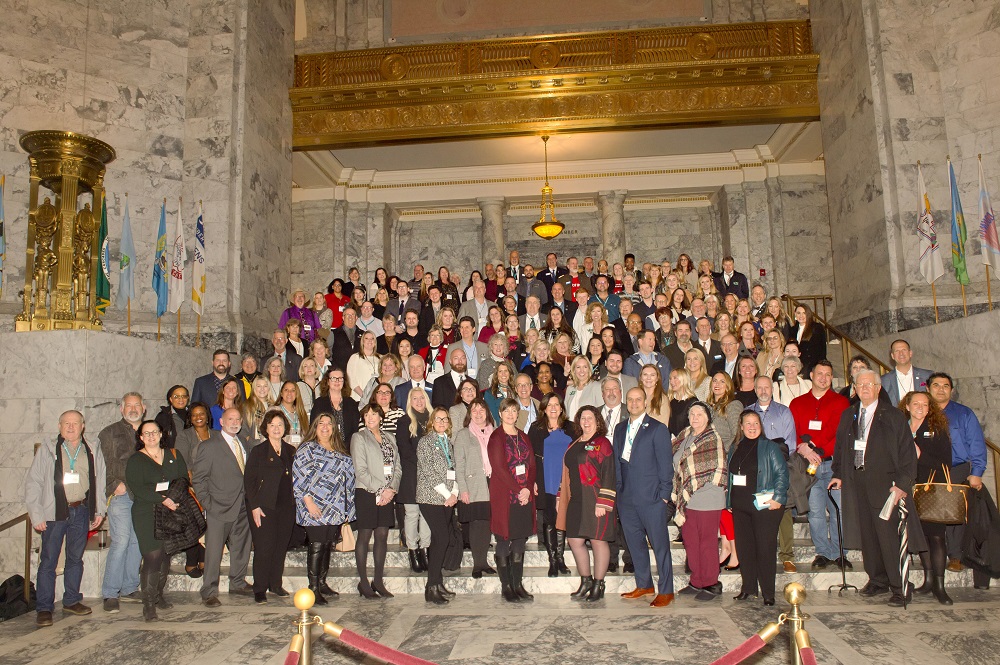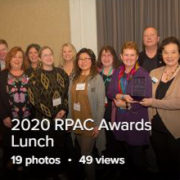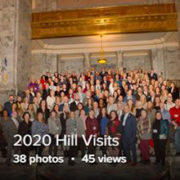
WASHINGTON – President Trump today announced the release of the Administration’s Fiscal Year 2021 budget, “A Budget for America’s Future.” The FY21 budget seeks to provide the Department of Housing and Urban Development (HUD) with $47.9 billion in funding to assist the fight to end homelessness, boost the promotion of healthy homes, and help America’s low-income families pay rent.
“The President’s budget proposal provides HUD with the resources to serve America’s most vulnerable populations in an efficient and compassionate manner,” said Secretary Carson. “We must remember, compassion is not always how many people we can get on a government program, but rather how many people we can help graduate out of a program and into financial independence. The road to self-sufficiency is one that is sure to improve the lives of all Americans.”
The FY21 Budget continues a commitment to fiscal responsibility, targeting lower value HUD programs for elimination or reduction, while seeking stable or increased funding into the highest impact programs that provide housing and support for vulnerable populations, including:
$2.8 Billion to Assist the Fight to End Homelessness
To help communities across the nation end homelessness, the President has budgeted $2.8 billion. HUD will continue working with local and state governments to compassionately house their most vulnerable populations through grant funds for emergency shelters, rapid re-housing, and transitional and permanent supportive housing—all while providing people with key services to help them regain their independence.
Record $425 Million to Boost Healthy Homes
HUD remains committed to providing families with safe and healthy housing nationwide in FY2021. Recognizing that housing conditions directly affect the health of residents, the President is requesting $425 million to mitigate health and safety hazards through lead remediation, carbon monoxide detectors, and healthy home grants. This is a $90 million increase over the enacted level for 2020.
Providing $41.3 billion to Help Americans Pay Rent
Currently, more than 4.6 million low-income families pay their rent with federal support, and more than half a million people are living on our nation’s streets. The President’s Budget funds the Department’s critical work to help our most vulnerable citizens secure housing so they can begin creating a better life for themselves. With $41.3 billion requested, the Budget supports the same number of rental-assisted households as were served last year while re-proposing a bold set of reforms to ensure the programs are sustainable for the future.
$190 Million to Pave the Path to Self-Sufficiency
The budget proposes $190 million that will directly support key initiatives like the Department’s Family Self-Sufficiency Program, which has more than 70,000 active participant households and 5,409 graduates who no longer require temporary assistance, and more than half graduate with an average savings of $6,700. HUD’s Jobs-Plus Program is geared toward increasing employment opportunities and earnings of public housing residents through a three-pronged approach of employment services, rent-based work incentives, and community support.
Through Jobs-Plus, nearly 1,500 individuals have been continuously employed for at least 180 days after placement, and residents have saved over $21.3 million in rent payments.
Supporting Housing Finance Reform
In FY2021, the Department reintroduced its plan for reforming the nation’s housing finance system. The plan ensures the Federal Housing Administration (FHA) and Government National Mortgage Association (GNMA or Ginnie Mae) will continue to perform their important missions effectively, responsibly, and sustainably for many years to come.
Continuing to Build and Preserve Housing Supply
The 2021 President’s Budget requests $100 million for the Office of Housing’s Rental Assistance Demonstration (RAD) program. RAD is a powerful tool that gives public housing authorities (PHAs) the resources needed to preserve and improve public housing properties and address the nationwide backlog of deferred maintenance. Transitioning Public Housing units to a more sustainable platform is one of HUD’s four Agency Priority Goals.
Protecting Taxpayer Dollars
HUD has established an Agency-Wide Integrity Task Force, that consists of the heads of HUD’s program offices. HUD will strive to eliminate fraud, waste, and abuse of taxpayers’ dollars as part of this strategic goal. In addition, the Department has developed and is implementing a five-year Financial Transformation Plan to protect taxpayers and support accountability, data, and transparency.





